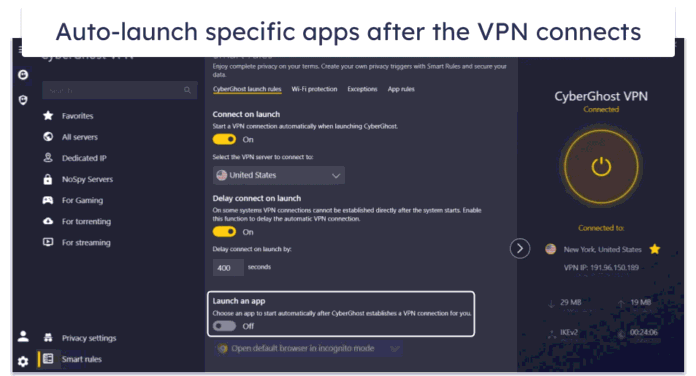The posixpath module is a built-in Python module that provides functions for manipulating file paths in a way that adheres to the POSIX standard. This module abstracts the differences in path handling between various operating systems, including Unix-like systems (e.g., Linux, macOS) and Windows.
Importing the posixpath Module
To begin using the posixpath module, you first need to import it into your Python script. Importing the module is as simple as adding the following line of code at the top of your script. Once imported, you gain access to a wide range of functions for working with file paths in a platform-agnostic manner:
Python3
import posixpath |
Cross-Platform File Path Manipulation: One of the key advantages of the posixpath module is its ability to handle file paths consistently across different operating systems. Let’s explore some of the commonly used functions provided by this module:posixpath.join(path1, path2, ...): This function joins multiple path components together using the appropriate path separator for the current platform. It intelligently handles the differences between forward slashes (“/”) used in Unix-like systems and backslashes (“”) used in Windows.
Here’s an example:
Python3
import posixpath# This program combines two paths: `"/path/to/dir"` and `"file.txt"` using the `posixpath.join` function. path1 = "/path/to/dir"path2 = "file.txt"# It's like putting together a folder path (`/path/to/dir`) and a filename (`file.txt`) to create a complete file path (`/path/to/dir/file.txt`)joined_path = posixpath.join(path1, path2) print(joined_path) # The result is printed to the screen. |
/path/to/dir/file.txt
posixpath.abspath(path)
This function returns the absolute path of a given path. It resolves any symbolic links and removes any redundant components in the path. It ensures consistent behavior across platforms, regardless of the specific path format.
Example : The posixpath.abspath function is used to convert a relative path (../documents/file.txt) into an absolute path, which represents the full and unambiguous path to the file. The output will display both the relative and absolute paths for comparison.
Python3
import posixpath# Define a relative pathrelative_path = "../documents/file.txt"# Get the absolute pathabsolute_path = posixpath.abspath(relative_path)# Print the resultprint("Relative Path:", relative_path)print("Absolute Path:", absolute_path) |
('Relative Path:', '../documents/file.txt')
('Absolute Path:', '/home/guest/documents/file.txt')
posixpath.dirname(path)
This function returns the directory component of a path, excluding the last part. It provides a cross-platform way to retrieve the directory part of a file path.
Example : The path variable represents the file path “/path/to/dir/file.txt”. When you use posixpath.dirname(path), it will return the directory component of the path, which is “/path/to/dir”. So, the directory variable will contain “/path/to/dir”, which is the directory part of the file path.
Python3
import posixpathpath = "/path/to/dir/file.txt"directory = posixpath.dirname(path)print(directory) |
/path/to/dir
posixpath.basename(path)
This function returns the base name or the last component of a path. It can be used to extract the file name from a given path.
Example : The posixpath.basename(path) function will extract “myfile.txt” from the given path “/path/to/myfile.txt” and print it as the file name.
Python3
import posixpathpath = "/path/to/myfile.txt"filename = posixpath.basename(path)print("File name:", filename) |
('File name:', 'myfile.txt')
The posixpath module in Python provides a convenient and consistent way to handle file paths across different platforms. By abstracting the differences in path handling, developers can write code that works seamlessly on both Unix-like systems and Windows. By utilizing functions such as join(), abspath(), dirname(), and basename(), developers can ensure cross-platform compatibility in their file path manipulation code. So, the next time you need to work with file paths in a cross-platform environment, consider using the posixpath module to simplify your development process.

